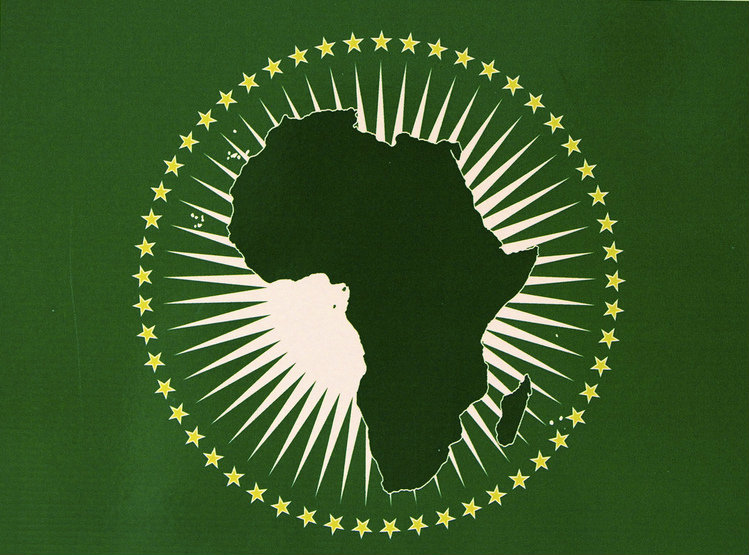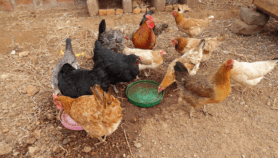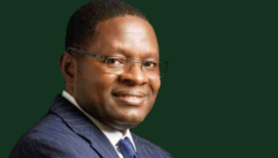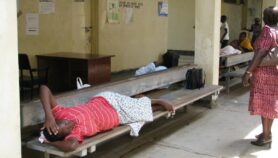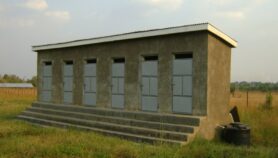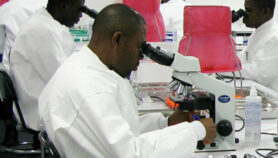By: Adole Abutu
Send to a friend
The details you provide on this page will not be used to send unsolicited email, and will not be sold to a 3rd party. See privacy policy.
[ABUJA] Senior policymakers and experts have urged the African Union (AU) to analyse the successes and challenges of past development programmes to guide the implementation of a new strategic policy to transform the continent.
The advice came from a meeting, known as senior expert dialogue, which was organised in Abuja, Nigeria, last month (21-22 July) by the United Nations Economic Commission for Africa to discuss how technologies and innovations can be effectively applied to accelerate Africa’s transformation.
The new policy — Science, Technology and Innovation Strategy for Africa-2024 (STISA-2024), which was discussed by the experts — was adopted by the AU in June this year.
“We have just ended another round of talk shop that again failed to address the fundamental issues that have made Africa to continue to remain underdeveloped.”
Oyewale Tomori, The Nigerian Academy of Science
According to the AU, STISA-2024 will address key areas such as food security, disease prevention and control, communication and wealth creation.
The meeting in Nigeria was attended by policymakers and experts from countries such as Algeria, Burkina Faso, Cameroon, Ethiopia, Gambia, Kenya, Malawi, Nigeria, Senegal, Somalia, Tanzania, Togo, Uganda and Zambia.
“We strongly encourage African countries and governments to provide appropriate funding level of STI up to 2 per cent of GDP [gross domestic products], improve science, technology, engineering and math (STEM) education, periodically review STI curricula in schools and encourage women in STI,” the meeting’s resolution said.
The experts said African universities and institutes have very low commitment to funding research, do not embark on demand-driven research and development (R&D) activities, and fail to collaborate with industries.
Abdul Bulama, Nigeria’s minister of science and technology said Africa entered the 21st century facing monumental challenges of development and survival. “The core of these challenges is the inability of the continent to use STI to successfully address critical problems relating to healthcare, food security, water safety and environmental sustainability,” he noted.
Bulama added that Africa is endowed with many natural resources that have not benefitted the continent because STI has not been applied to transform those assets to useful goods and services.
But Oyewale Tomori, the president of the Nigerian Academy of Science, has told SciDev.Net that the meeting did not tackle basic issues working against the deployment of STI in Africa.
“We have just ended another round of talk shop that again failed to address the fundamental issues that have made Africa to continue to remain underdeveloped,” Tomori added. “The best policies we have still remained unimplemented basically because of issues of accountability. It is not enough to talk about [funding] allocation to STI, but how well have we been able to use what was allocated in the past.”
Bidoun Ajibade, the president of the Nigeria-based Institute for Research and Innovation in Africa, also criticised the meeting for pursuing new technologies for deployment in Africa without undertaking an analysis of why the old and existing technologies have failed to aid Africa’s development.
This article has been produced by SciDev.Net's Sub-Saharan Africa desk.


